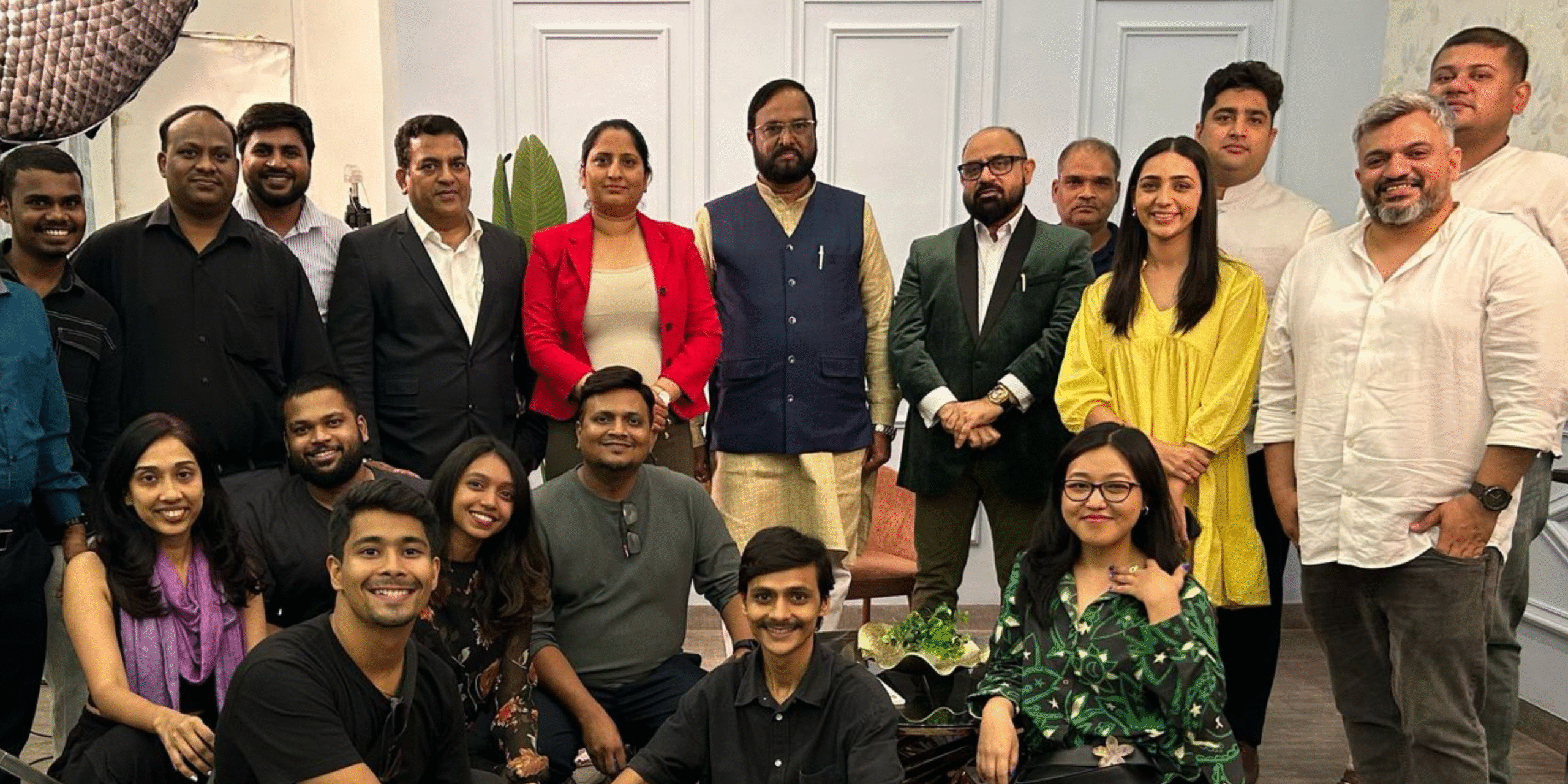By Rajesh Shukla
Whenever India and China begin to grow closer, a familiar pattern emerges: external powers intervene — through narratives, lobbying groups, or media manipulation — to push us apart.
But the ground reality is far more nuanced than what headlines would have you believe.
A Personal Perspective
I’ve visited China not only as an American consultant but also later as a representative of Indian business and government delegations. As Rajesh Shukla, I’ve worked closely with Chinese counterparts — in boardrooms, conference halls, and policy circles — building strategic ties that bridge economic and diplomatic interests. And I say this with full responsibility:
Indians are respected in China.
The Chinese admire India’s spiritual power, technical brilliance, and global influence.
There is deep cultural and historical overlap — especially in Ladakh, Tibet, Sikkim, and the Northeast — that we’ve forgotten.
Why Can’t the World’s Oldest Civilizations Work Together?
India is fast becoming a tech superpower.
China has already cemented itself as the world’s manufacturing engine.
Together, the two can:
- Build the next Asian supply chain
- Launch joint ed-tech, healthtech, and AI initiatives
- Set global benchmarks for affordable innovation
- Create a world not designed for 50 million elites, but for 2.8 billion people across Asia
Ask Yourself
- Why are we sending Indian students to small countries of 2–5 crore population, when China offers scale, discipline, and respect?
- Why are we still copying Western frameworks, when we can build Asian models for Asian realities?
Key Signals That Change Is Already Coming
Despite political narratives, the foundations of cooperation are quietly taking shape:
Student visas to China have resumed
Indian diplomats are making regular visits to Beijing
Bilateral trade has crossed $135B, growing even amidst tensions
Buzz is building around India–China collaboration in AI, pharma, EVs, and rare earths
Forums like BRICS and SCO are bringing both nations back to the table
India Must Now Take the Lead
To turn this silent momentum into structured cooperation, we must act with vision and strategy.
Here’s what we must do:
- Start Chinese language schools in every Indian state
- Launch student exchange programs with China’s top universities
- Establish India–China Innovation Parks in Gujarat, Bengaluru, and Shenzhen
- Use strategic diplomacy, not street rhetoric
The World Won’t Wait
If India and China remain divided, we both lose — and others win.
The future of the Global South depends on collaboration, not conflict. Let us rise as partners, not as pawns in someone else’s game.
Rajesh Shukla
Chief Strategist | Fundraiser | Asia Collaborator
www.rajeshshukla.com
Read More : Rajesh Shukla – Master the Hidden Fundraising Tool: Seller’s Credit in International Trade

